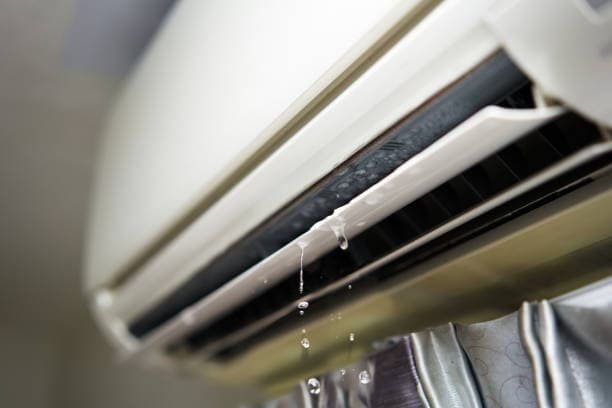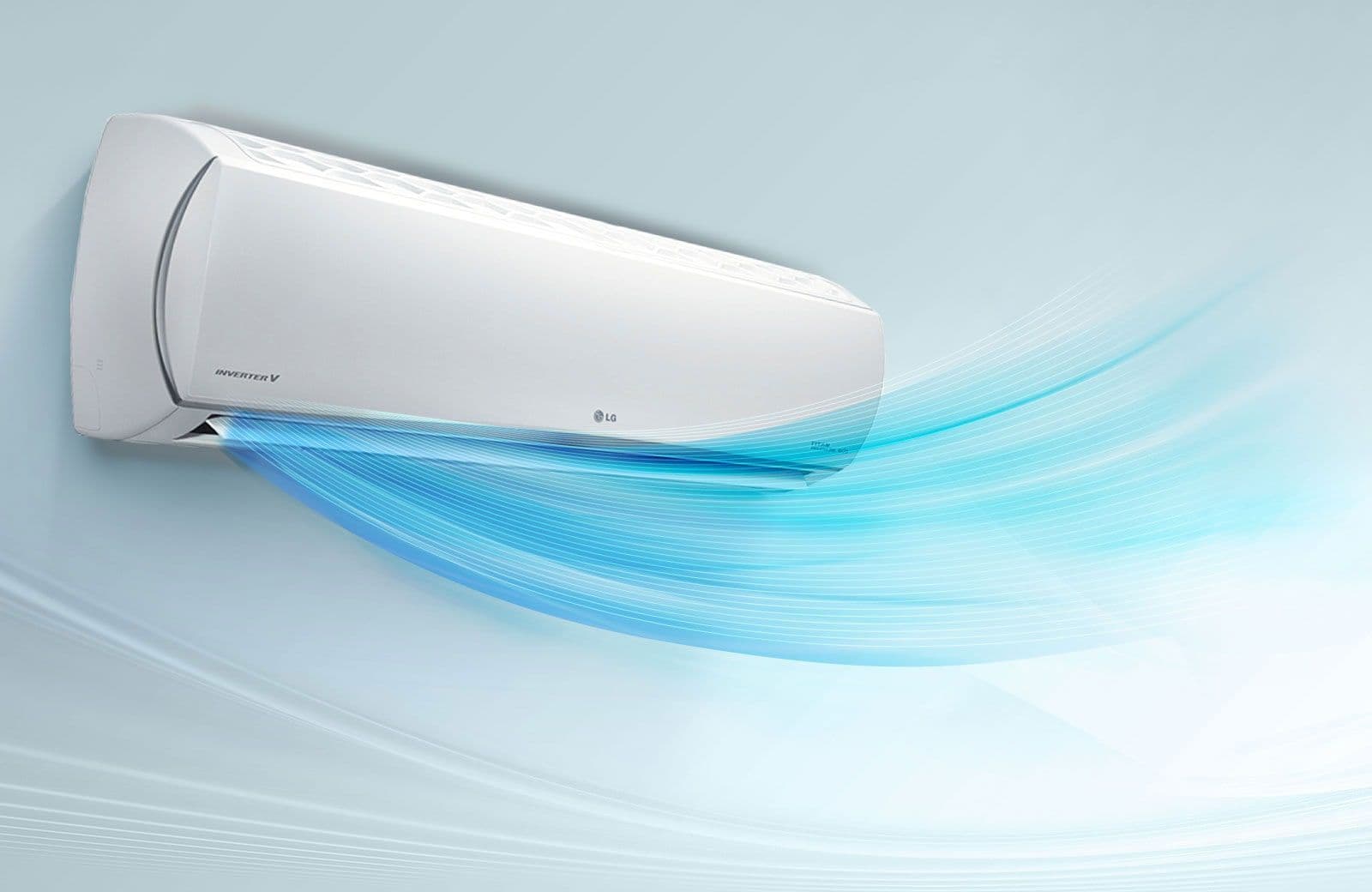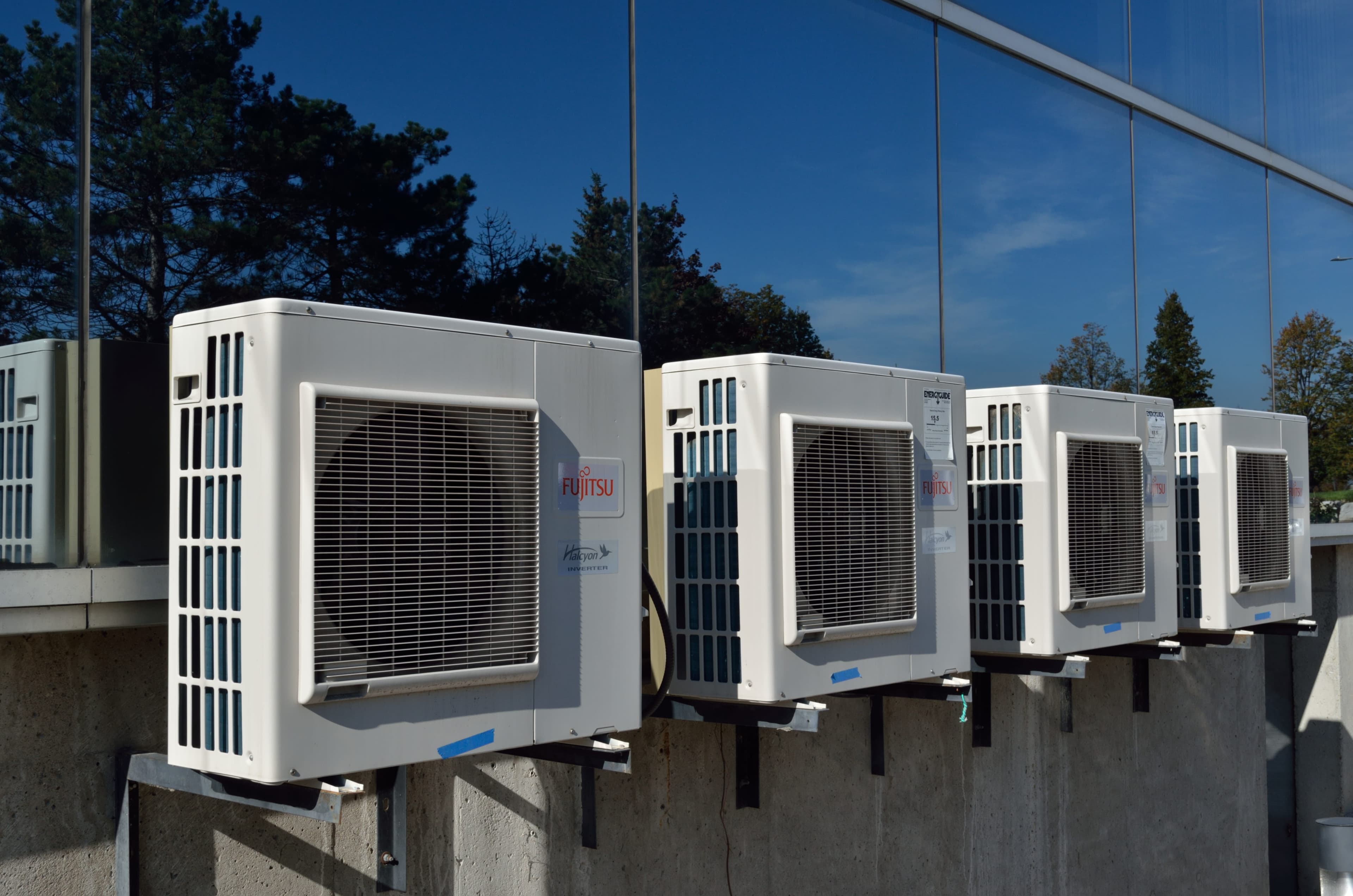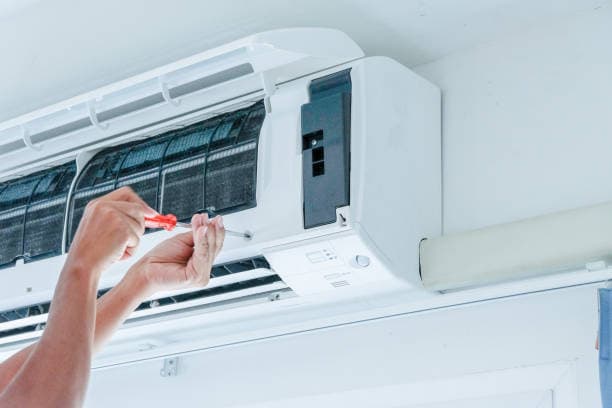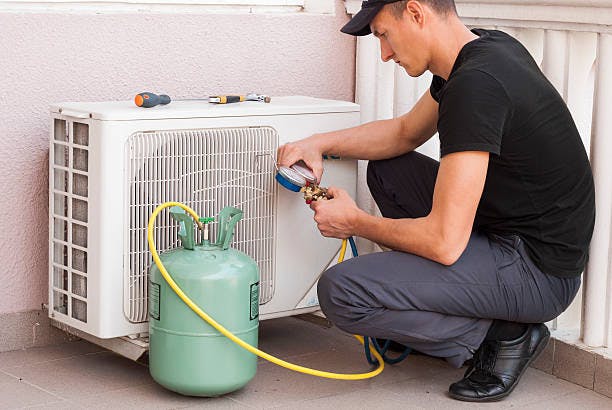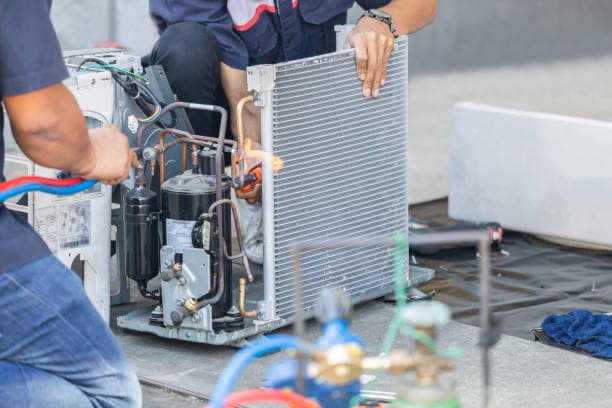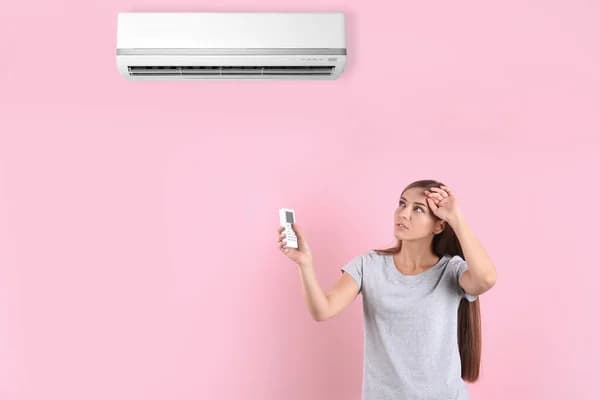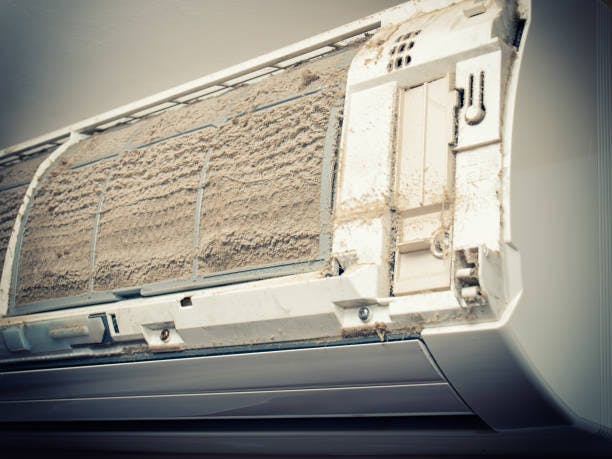Maintaining your air conditioning system is vital for both efficiency and environmental impact. In Singapore, the National Environment Agency (NEA) recommends servicing aircon units every three months for optimal efficiency. However, several factors, including your tenancy agreement, unit age, and usage, can influence the service frequency.
1. The Types of Aircon Servicing
General Cleaning:
Basic cleaning of the unit and its components to eliminate dirt and debris.
Chemical Cleaning:
A more thorough process using specialized chemicals to deeply cleanse internal components, enhancing performance.
Condenser Cleaning:
Focused cleaning of the condenser, vital for efficient heat exchange and overall system performance.
Overhaul:
Comprehensive dismantling of the unit and thorough cleaning of internal components with specialized chemicals.
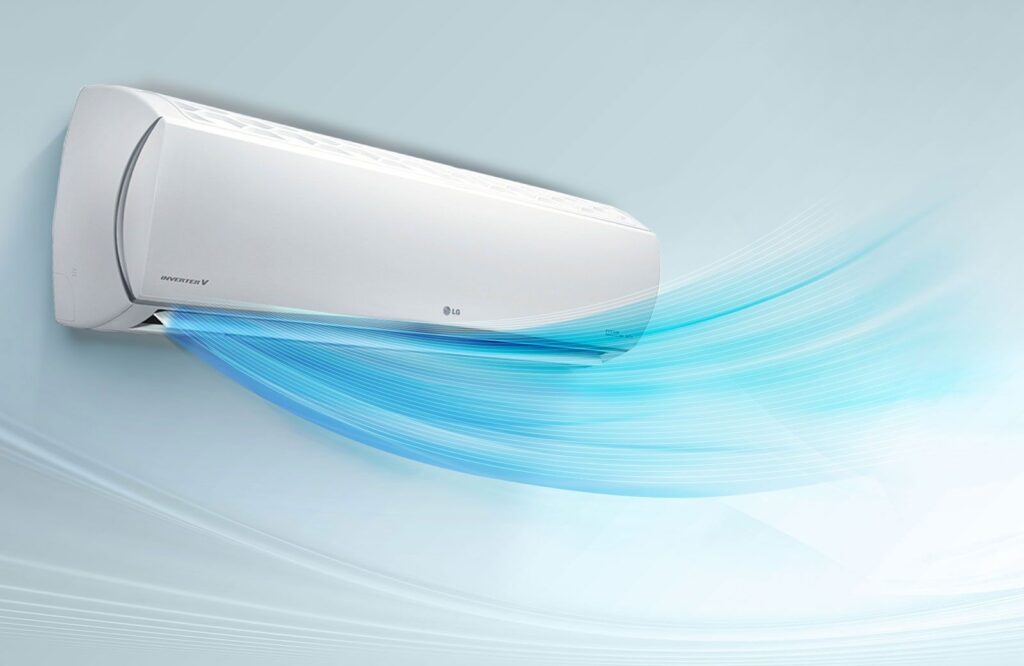
2. Factors Influencing Cost
Service costs vary based on the service type required and the aircon unit’s capacity measured in BTU. Commercial units typically incur higher costs due to complexity and size. Cost may also vary based on your location, date and time of booking.
3. NEA Regulations and Licensed Technicians
NEA mandates servicing be conducted by licensed companies employing well-trained technicians. Compliance ensures quality service and adherence to environmental standards.
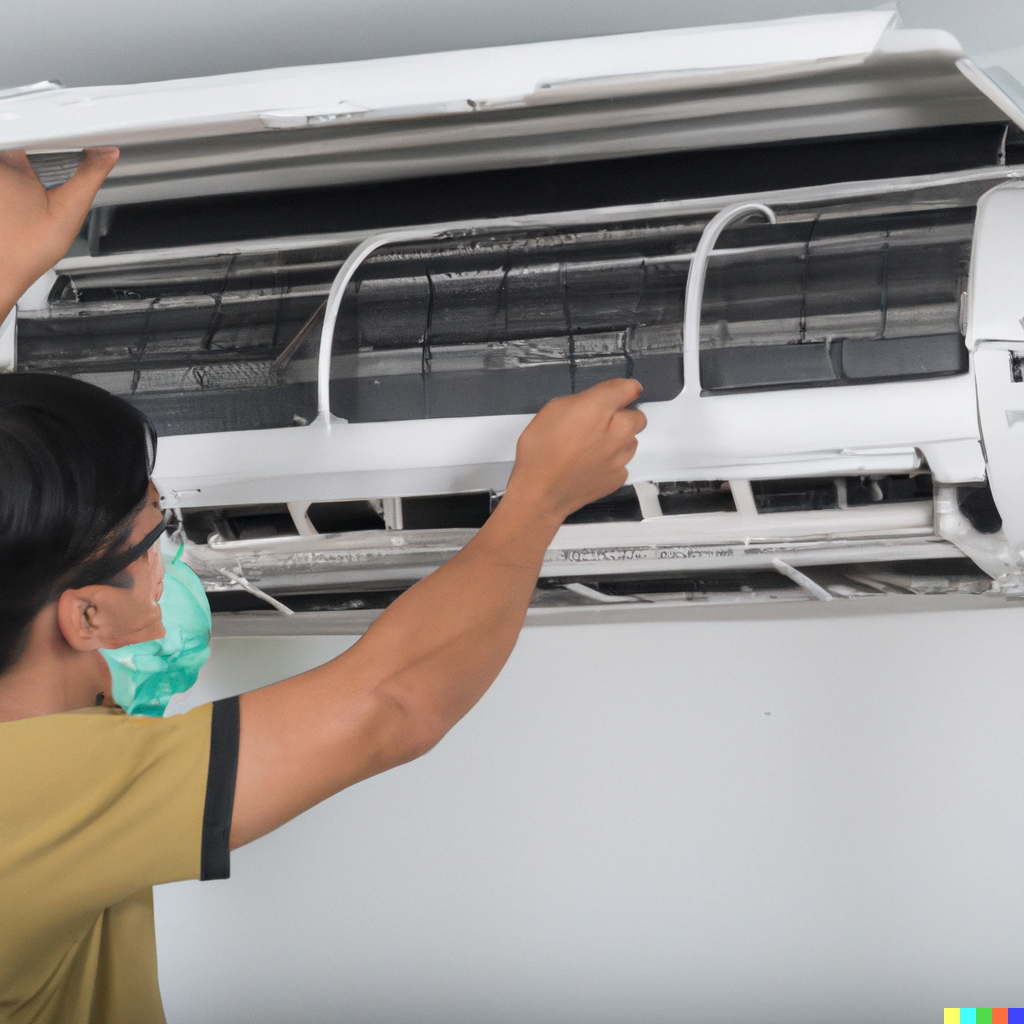
4. Tenancy Agreement Considerations
Tenancy agreements often mandate regular aircon maintenance, typically requiring servicing every 3 to 4 months to ensure system efficiency throughout the tenancy. Saving detailed service records is crucial, serving as concrete evidence that the aircon has received the necessary maintenance as per the contract terms. These records act as a protective measure against disputes, validating compliance and ensuring the air conditioning system operates optimally.
Some agreements may specify the need for annual packages tailored to meet the servicing frequency outlined in the contract. These packages are designed to ensure the aircon receives the required attention at prescribed intervals. By adhering to these agreements and diligently preserving service records, you not only fulfill contractual obligations but also guarantee an efficiently functioning air conditioning system, benefiting both tenants and property owners alike.
5. Choosing a Reliable Aircon Servicing Company
When evaluating aircon servicing providers, leveraging online resources like Google Reviews can offer valuable insights into a company’s reliability and customer satisfaction. These reviews, typically left by previous customers, present real-world experiences, highlighting the quality of service, professionalism, and overall satisfaction. A higher number of positive reviews often signifies a trustworthy and reliable servicing company. Conversely, negative feedback or consistent complaints might indicate potential issues to consider before engaging their services.
Additionally, verifying that the servicing company holds NEA licensing is crucial. NEA licenses signify compliance with regulatory standards, ensuring that the company meets specific criteria for conducting aircon services. This includes employing well-trained technicians who possess the necessary expertise in aircon maintenance. Opting for NEA-licensed contractors provides assurance regarding the quality and adherence to industry regulations, offering peace of mind to customers about the competence and reliability of the service provided. This verification helps in choosing a reputable and credible company, minimizing risks associated with subpar service or unqualified technicians.
Final Thoughts
Regular aircon servicing guarantees unit efficiency, longevity, and environmental responsibility. Understanding service types, associated costs, and NEA regulations enables informed decisions for air conditioning maintenance.








